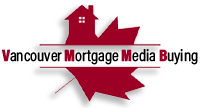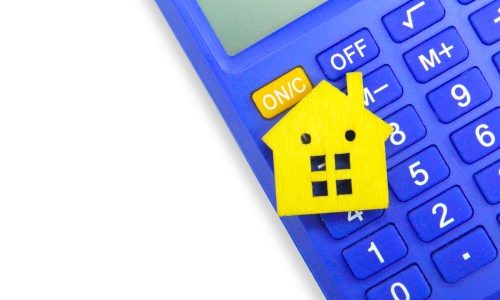If you’re considering buying a home in Canada, you’ll likely be applying for a mortgage loan. But how much money can you borrow? The maximum mortgage amount in Canada depends on various factors, including the individual’s credit score and the property type.
In general, the maximum mortgage amount a Canadian can borrow is the lesser of four times their annual income or the purchase price of the home. This is also known as the Gross Debt Service (GDS) ratio and is the maximum amount of money that a borrower can spend on their mortgage payments, including principal, interest, taxes, and heating costs.
The maximum mortgage amount is also affected by the borrower’s credit score. Borrowers with higher credit scores can usually borrow a larger amount than those with lower credit scores. The maximum mortgage amount is also affected by the type of property being purchased. For example, borrowers may be able to borrow more if they are buying a house than if they are buying a condo or mobile home.
In addition, the maximum mortgage amount is also affected by the amount of the down payment. The more money the borrower has to put down, the higher the maximum mortgage amount they can borrow. In some cases, the borrower may even be able to borrow up to 95% of the purchase price.
Getting pre-approved for a mortgage is the best way to know how much money you can borrow. A pre-approval is a conditional agreement from a lender that outlines the maximum mortgage amount you can borrow. It is important to note that pre-approvals are not binding and can be revoked at any time.
In conclusion, the maximum mortgage amount in Canada depends on various factors, including the borrower’s credit score, the property type, and the down payment amount. It is important to speak with a lender and get pre-approved for a mortgage to know exactly how much money you can borrow.


